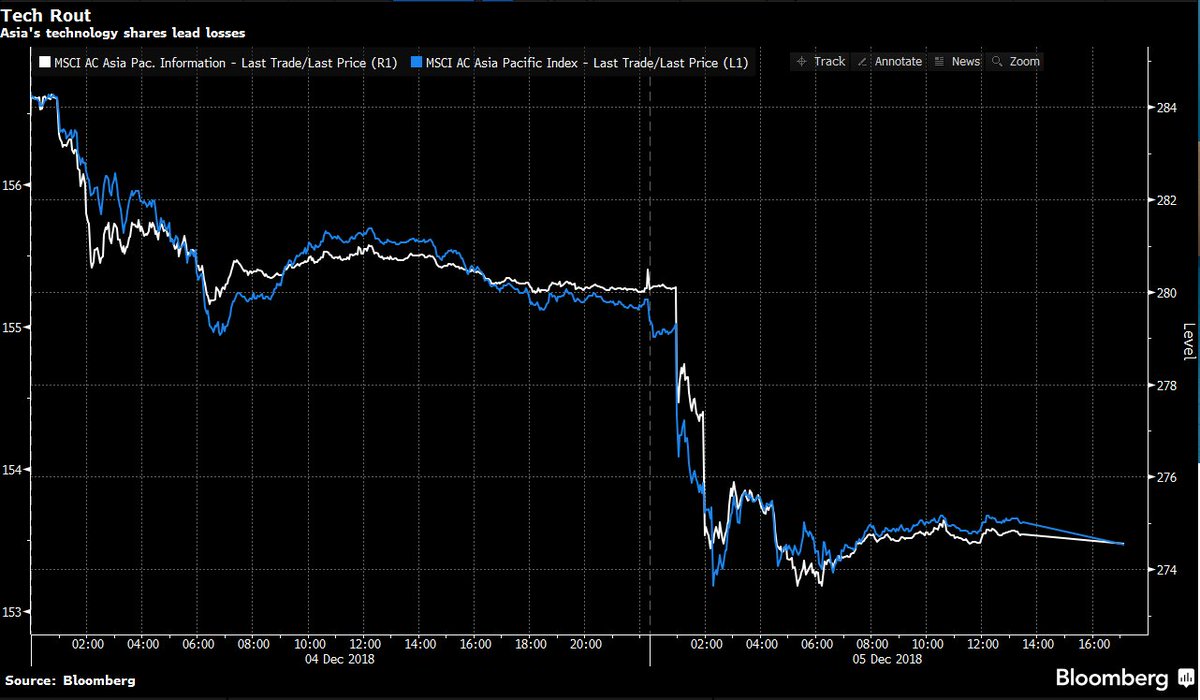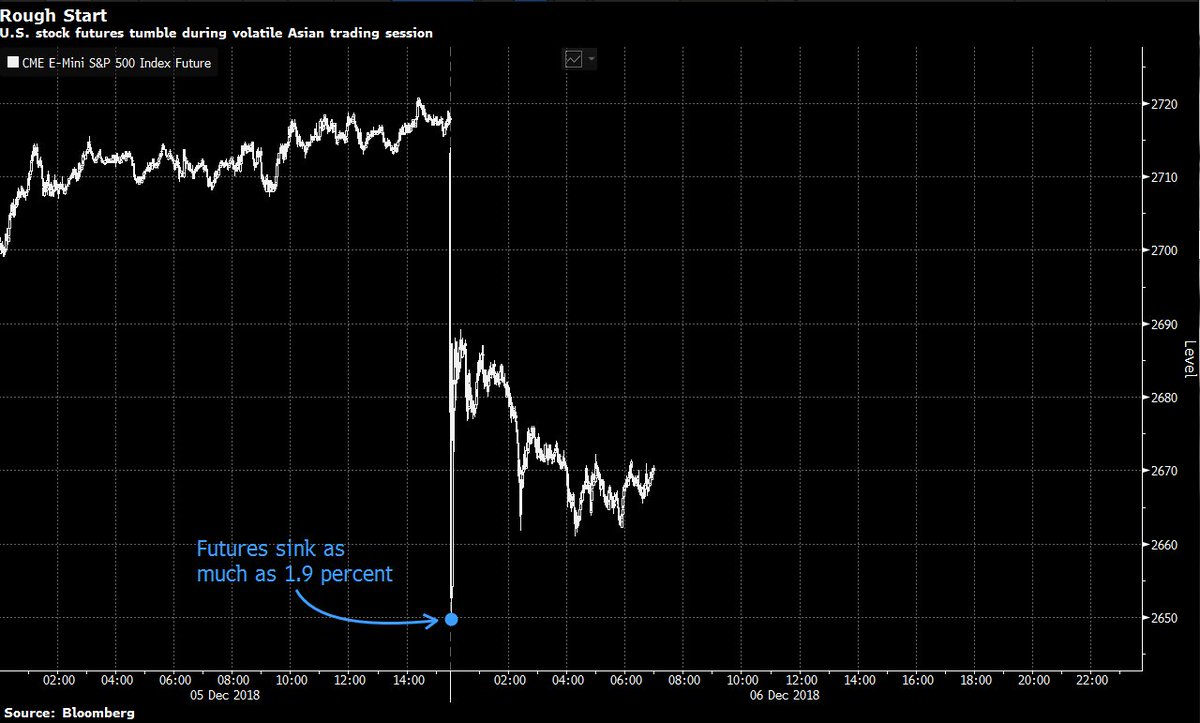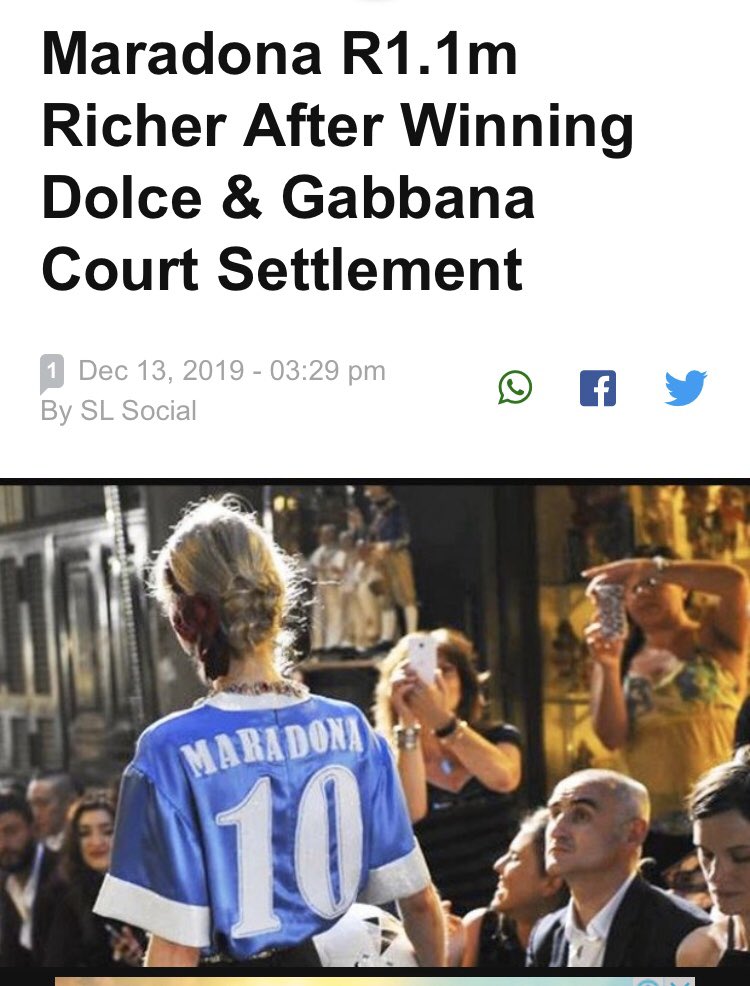
Sly right ?🤔
So what can we (athletes, sports lovers and stakeholders learn from this case?
Athletes and other stakeholders can key into IP as an intangible asset through sponsorship deals, merchandising deals, broadcasting rights & media deals.
Sport as we know is regarded as a competitive activity bringing persons or team against one another for good, health reasons;
In Nigeria, When sports is been mentioned or discussed the most popular of them all is the Ball sports next to Track, Field and Endurance Sports and lastly Strength and Combat sports.
According to WIPO the following are stakeholders in the Dports Industry:
1) Athletes, Teams and their trainers
2) Sports Federation
4) Organizers of sports events
5) Corporate Sponsors
6) Manufacturers of sports equipment
7) Sports fans
So how can these stakeholders explore the fusion of sports and IP?
Not to mention the fact that our outdated laws are yet to
Currently, the majority of IP issues are settled on social media through calling out of the alleged offender online, this now transcends to a viral story for just a couple of hours or a week.
First, we need to understand what intellectual property rights (IPRs) are. Secondly, understand the fusion of IP and sports. Thirdly, how to make money from sports through IPRs.
The most common IPRs include patents, copyrights, marks and trade secrets.”
Different rights protect different types of IP such as
a. inventions -patents,
b. brands -trademarks,
d. creative works, such as sports programs and other sports-related creative outputs, and certain sports broadcasts (copyright and related rights).”
Rwanda also went into sponsorship deal with PSG’s Le Pare des Princes Stadiumto sell their tea and Cofee for 3 yrs
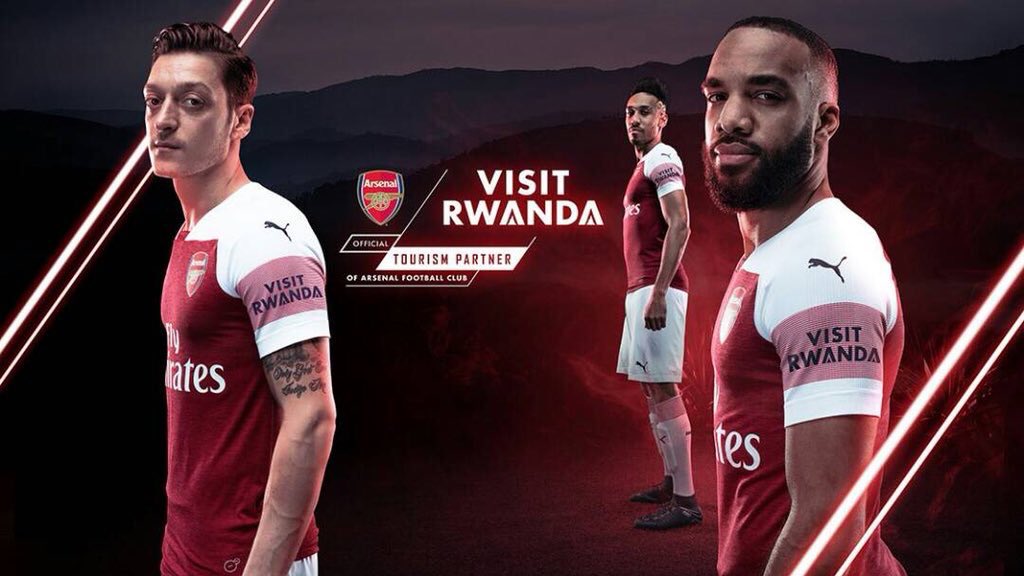
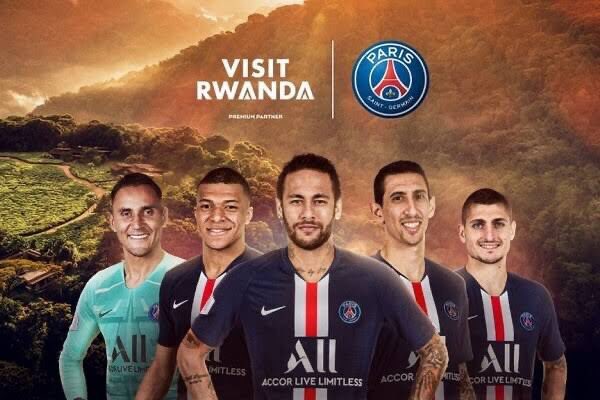
Has any Nigerian sports person/stakeholder ever considered IP or even commercialising and exploiting their name, brand, logo etc?
However, a few have clinched endorsement and they are as follows:
Osaze Odemwingie endorsement with Pepsi
Mikel Obi – Amstel Malta
Kanu Nwankwu – a goodwill ambassador for UNICEF, a brand ambassador for Sports Bet and Startimes. He has a nickname called “Papilo which could have been trademarked
Alexander Chuka Iwobi – endorsement deals with Nike, LG
Jay Jay Okocha has an endorsement deal as a brand ambassador for BetKing second most popular Sports betting company in Nigeria
(Gotten from WIPO’s website)
See the case of Michael Jordan v Dominick where Michael Jordan sued the supermarket chain for using his name and jersey number with his permission.
Foreign players who have exploited and commercialized their IPs are as follows:
1. Jesse Lingard who registered his nickname “Jlingz” and image of his goal celebration (exhibited in England’s win over Panama) in class 25, also his celebration imagery for
2. Messi owns one of the largest trademark portfolios with over 76 registered marks primarily for his name, logo and signature.,
3. Neymar Jr has over 50 registrations covering his name and logo and
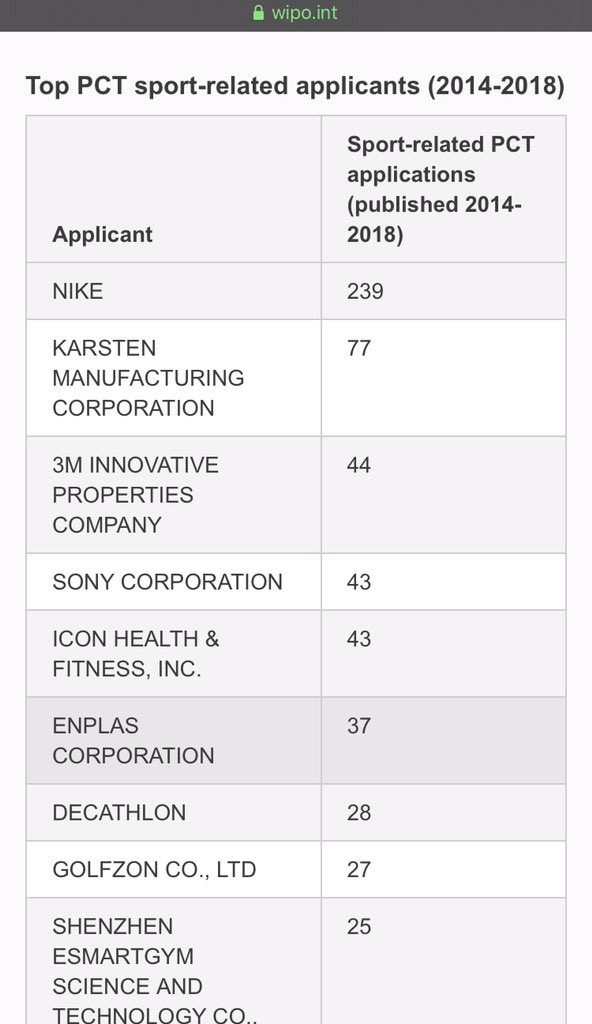
I believe the stakeholders in Nigeria can do better by not only promoting sports but keying strongly into IP and producing
Parties can also opt for Alternative Dispute Resolution Mechanism such as Mediation, Arbitration, Negotiations or Hybrid mechanism.
I think Nigeria needs to work on
Copyright protection: the type of work that has a relationship has to do with broadcasting as every sport event would need to be covered and transmitted to various mediums like TV, radio etc so as to engage the fans all over the world
Exclusive and non exclusive license: brand and IP owners can explore means of commercializing their IP by going into an exclusive or non exclusive licensing agreement with the licensee (that us the person who wishes to make use of the product with their permission
Endorsement deals is a combination of sponsorship and merchandising but in this case
i. In venue streaming and broadcasting (illegal streaming): one of the issues posed by the digital age is the ability to share stuffs online and
Digital piracy is on the rise everyday with the rise of digital media technologies, digital divergence and disruption;
Take note if you stream or watch live match/sports from illegal site you are guilty of illegal streaming for instance
According to Kanchana Kariyawasam & Mattew Tsai the unauthorized retransmission of live sports telecast over the internet has become one of the main concerns in sports media, where broadcasters have lost billions
This seems very scary with no solution in sight, let’s bring this back home (Nigeria) the major broadcasting football station is held by Multichoice/DSTV and GoTv on its Supersport channels with
One of the disadvantages is that it stifles growth and healthy competition.
In this situation what happens is that the business tries to bypass paying sponsorship fees by attaching itself to a major
This act can also be called Guerrilla or Parasitic marketing”. In this digital era of social media this poses a lot
iii. Sports brand and tackling counterfeits goods: A typical example is the Nigeria’s Team Football kit for the 2018 Soccer which was voted as the best jersey at the world cup & sold out within hours of release on the Nike’s website.
But the future is bright right? 🧐
Secondly the agencies who should be responsible in checkmating counterfeit are rather not equipped or too focused on taking bribe.🤭
This type of IP also known as “a plant breeder’s right” is an independent sui generis form of protection, tailored to protect new plant varieties and has certain features in common with other IPRs.
It must have a higher quality or resistance to pests and diseases as its value increases and is marketable. Example is the Turf on sports pitches.
For a new plant variety to be protected it must be novel,
Think about with regards to privacy issues.
On the other side Maradona ended up getting €70,000 👀
1. The right to access v Protection of IPRs
3. Data Protection requirements v Digital Management Rights and profiling
4. Privacy & Enforcement of IPRs
To an extent, because the GDPR upon its effect and commencement became applicable worldwide and if we draw strength from the Nigerian Data Protection Regulation we can come to a conclusion that there’s a fusion between
Wrapping up 🙏🏽🤓
All IPs are based on territorial laws; while trademark, patent and designs requires registration as proof that you have legally protected rights and also monopoly protection,
Finally, always always seek permission and obtain written authorisation from IP owners so you don’t fall a victim and pay damages instead of collaborating
“Sports is a big business and worth more than 3% of the world trade”.
On this note, it’s good bye from my end till next #IPSERIES #IP #SportsBiz











